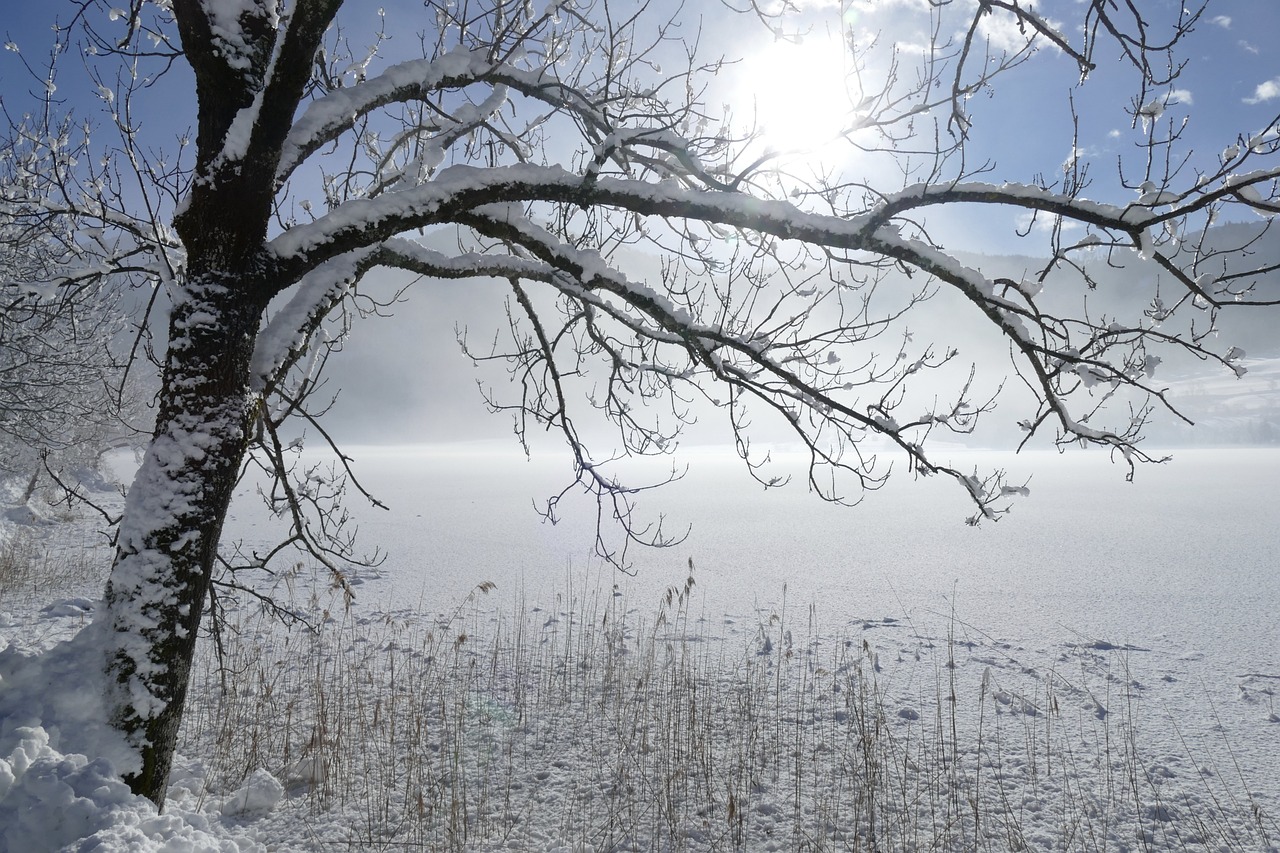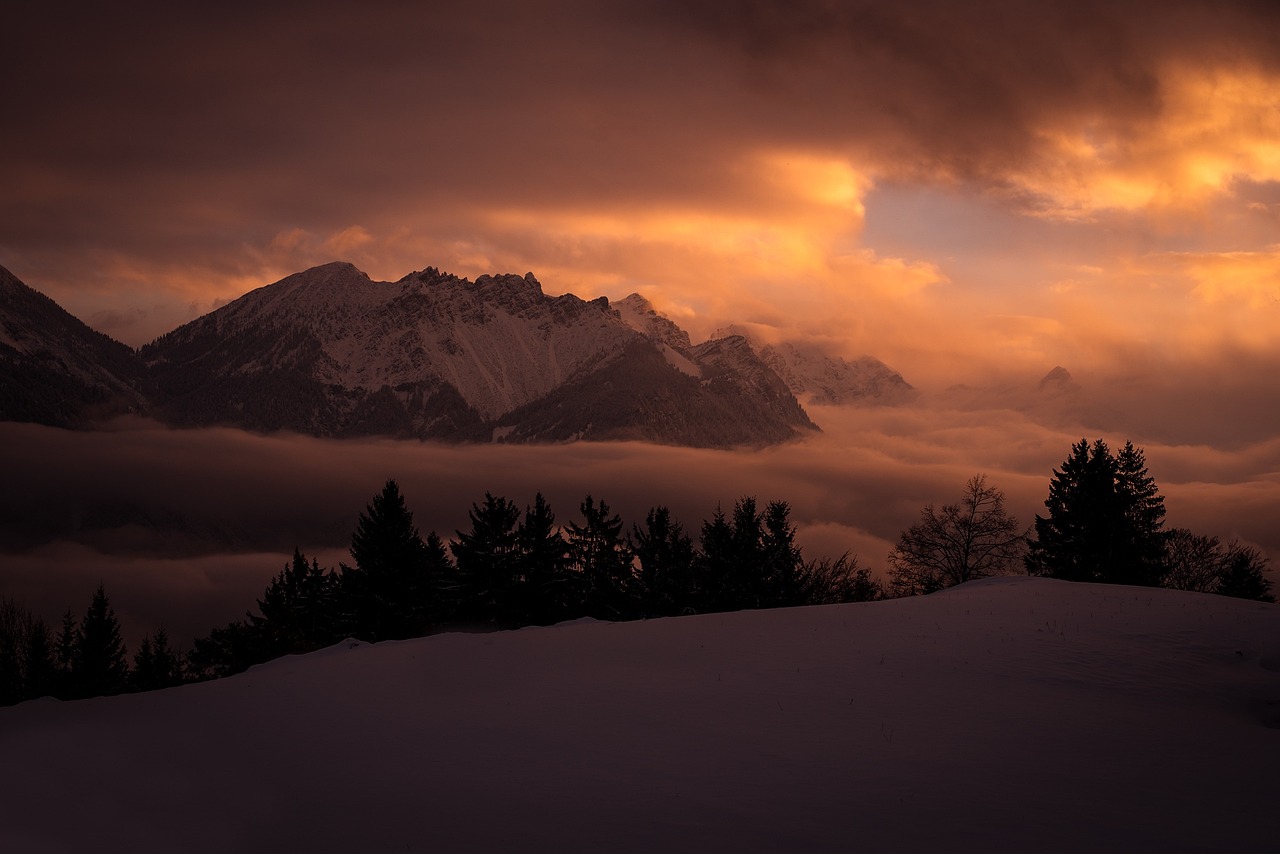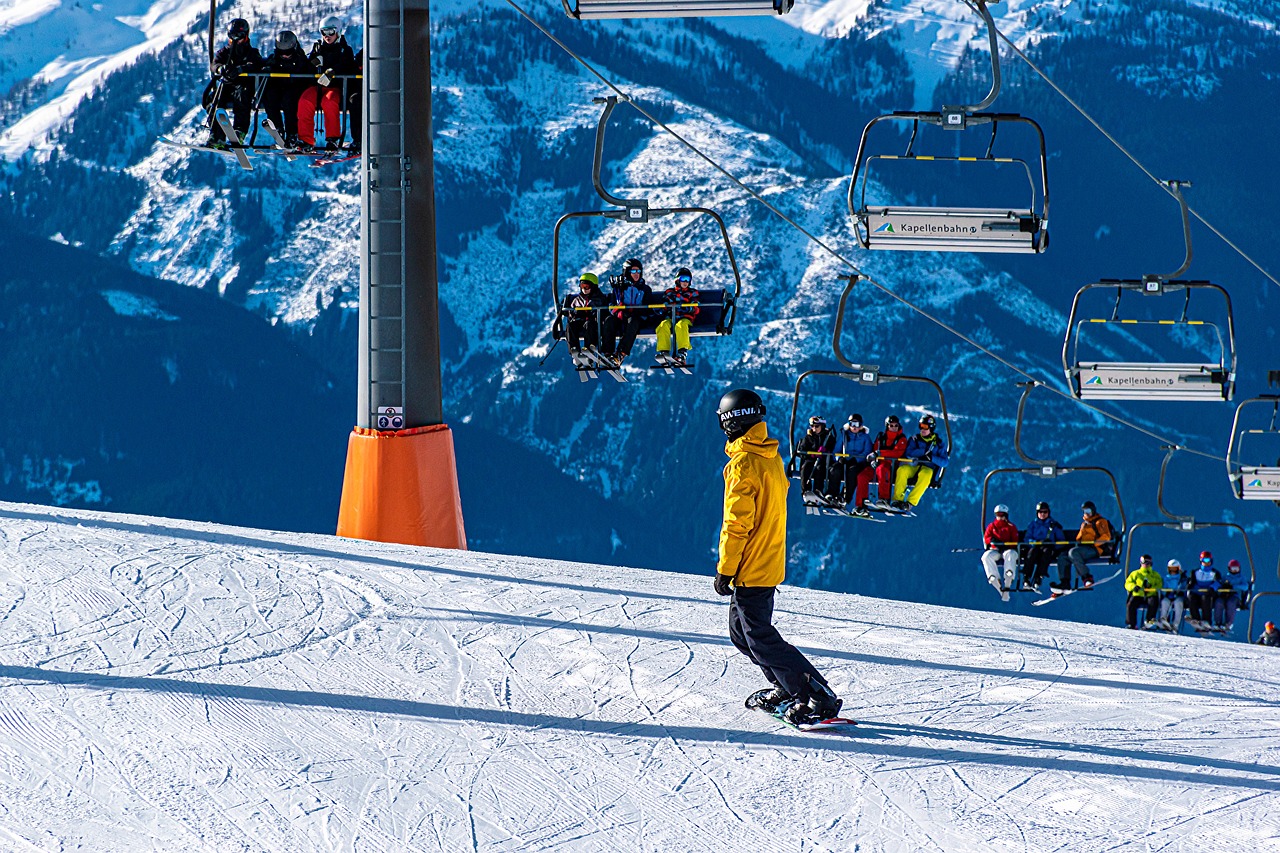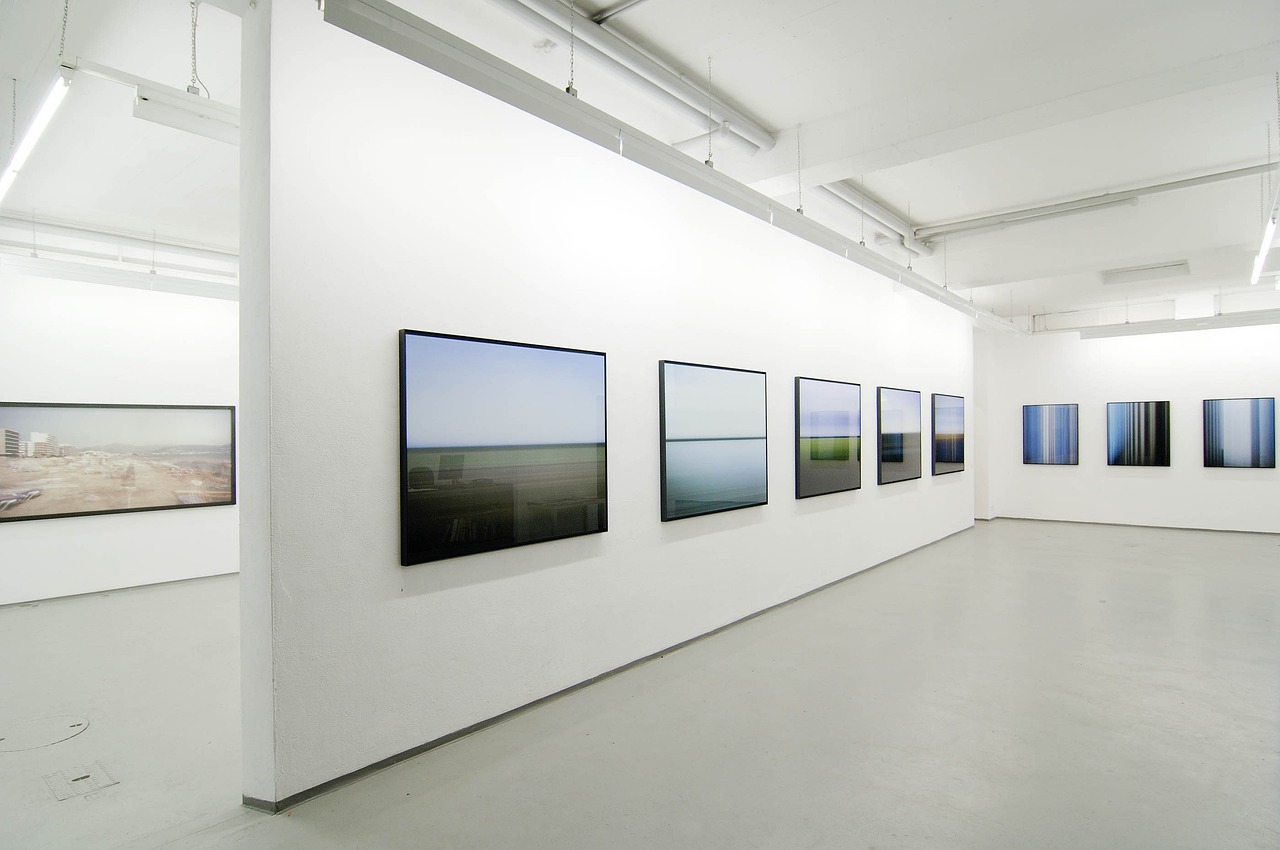Cultural Sensitivities: Understanding Local Norms in Austria
Austria, located in the heart of Europe, is known for its stunning landscapes, rich history, and vibrant cultural traditions. To truly immerse yourself in the Austrian experience, it is essential to understand and respect the local norms and cultural sensitivities. In this article, we will explore various aspects of Austrian culture and provide insights into the customs and traditions that are important to the Austrian people.
Language and Communication
- Austrian German: The official language of Austria is German, specifically Austrian German. While standard German is widely understood, locals appreciate when visitors make an effort to learn a few basic phrases in Austrian German.
- Greetings: When greeting someone, a handshake is the most common form of greeting. Austrians typically use formal titles when addressing others, especially in professional settings. It is customary to address individuals by their last name unless invited to use their first name.
- Punctuality: Austrians value punctuality and expect others to be on time for appointments and social gatherings. Being late without a valid reason is considered disrespectful.
Etiquette and Social Norms
- Table Manners: When dining in Austria, it is customary to wait until the host says “Guten Appetit” before you start eating. Keep your hands visible on the table, but elbows off. Finish everything on your plate as leaving food behind may be seen as wasteful.
- Tipping: Tipping is common in Austria. A service charge is often included in the bill, but it is customary to leave an additional 5-10% as a tip for good service.
- Giving Gifts: When invited to an Austrian home, it is polite to bring a small gift for the host. Flowers, chocolates, or a bottle of wine are popular choices. Avoid giving red roses as they are associated with romantic intentions.
Religion and Traditions
- Christianity: The majority of Austrians identify as Roman Catholic. Churches play an essential role in Austrian culture, and religious holidays such as Christmas and Easter are widely celebrated.
- Christmas Markets: During the Advent season, Christmas markets pop up in cities and towns throughout Austria. These markets offer an array of traditional food, drinks, and handmade crafts, creating a festive atmosphere.
- Easter Traditions: Easter is an important holiday in Austria. Traditional Easter customs include decorating eggs, attending church services, and the lighting of Easter bonfires.
Attire and Dress Code
- Smart Casual: Austrians generally dress conservatively and prefer a smart casual style. When visiting churches or formal events, it is advisable to dress more formally, with men wearing suits and women opting for dresses or skirts.
- Alpine Attire: In rural areas and during festivals, you may come across locals dressed in traditional Austrian attire, known as Tracht. This includes lederhosen for men and dirndls for women.
- Swimwear: When visiting lakes or swimming pools, remember to bring appropriate swimwear. It is not acceptable to sunbathe topless or wear revealing swimwear in public areas.
Food and Dining
- Austrian Cuisine: Austrian cuisine is diverse and influenced by neighboring countries. Traditional dishes include Wiener Schnitzel, Sachertorte, and hearty stews. Don’t miss the opportunity to try local specialties like Kaiserschmarrn and Apfelstrudel.
- Coffee House Culture: Coffee houses hold a special place in Austrian culture. They are a meeting point for socializing, enjoying a cup of coffee, and indulging in delicious pastries. Take your time and savor the experience.
- Drinking Etiquette: When toasting, make eye contact with each person and say “Prost” or “Zum Wohl.” It is polite to clink glasses with everyone at the table. Remember to pace yourself when consuming alcoholic beverages.
Festivals and Celebrations
- Vienna Opera Ball: The Vienna Opera Ball is one of Austria’s most prestigious events. It takes place annually and offers a glamorous evening of music, dancing, and elegant attire.
- Salzburg Festival: The Salzburg Festival is a world-renowned music and drama festival that takes place every summer in Salzburg. It attracts artists and visitors from around the globe.
- Krampusnacht: Krampusnacht is a unique Austrian tradition celebrated on December 5th. Participants dress as Krampus, a horned creature, and roam the streets scaring children. It is a fascinating and somewhat eerie spectacle.
Transportation and Travel
- Public Transport: Austria has an efficient and reliable public transport system, including trains, trams, and buses. Make sure to validate your ticket before boarding and keep it with you throughout your journey.
- Taxi Service: Taxis are widely available in Austria, and they can be hailed on the street or found at designated taxi stands. It is customary to tip the driver, rounding up the fare to the nearest euro.
- Bicycle-Friendly: Austria is known for its extensive network of cycling paths. Renting a bicycle is a great way to explore the cities and countryside at your own pace.
Nature and Outdoor Activities
- Alpine Hiking: Austria’s breathtaking alpine landscapes offer numerous opportunities for hiking. Always be prepared with suitable footwear, clothing, and a map of the area.
- Lake Swimming: Austria is home to many crystal-clear lakes, and swimming in them is a popular summer activity. Follow local guidelines and designated swimming areas for safety.
- Skiing and Snowboarding: Austria is renowned for its world-class ski resorts. Whether you’re a beginner or an expert, hitting the slopes is a must-do activity during the winter months.
Austria Image 1:

Arts and Culture
- Museums and Galleries: Austria has a rich artistic heritage, and its museums and galleries showcase works by renowned artists such as Gustav Klimt and Egon Schiele. Don’t miss the Belvedere Palace and the Kunsthistorisches Museum in Vienna.
- Vienna State Opera: The Vienna State Opera is one of the world’s leading opera houses. Attending a performance here is a cultural highlight for music lovers.
- Vienna Philharmonic Orchestra: The Vienna Philharmonic Orchestra is internationally recognized for its exceptional performances. Catching a concert by this prestigious orchestra is a memorable experience.
Austria Image 2:

Conclusion
In conclusion, immersing yourself in Austrian culture requires an understanding of the local norms and cultural sensitivities. By respecting Austrian etiquette, traditions, and customs, you can enhance your experience and forge meaningful connections with the Austrian people. Embrace the rich history, indulge in delicious cuisine, and explore the stunning landscapes of this enchanting country.
Austria Image 3:

References
– Austrian National Tourist Office: www.austria.info
– Vienna State Opera: www.wiener-staatsoper.at
– Salzburg Festival: www.salzburgfestival.at
– Belvedere Palace: www.belvedere.at
– Kunsthistorisches Museum: www.khm.at

